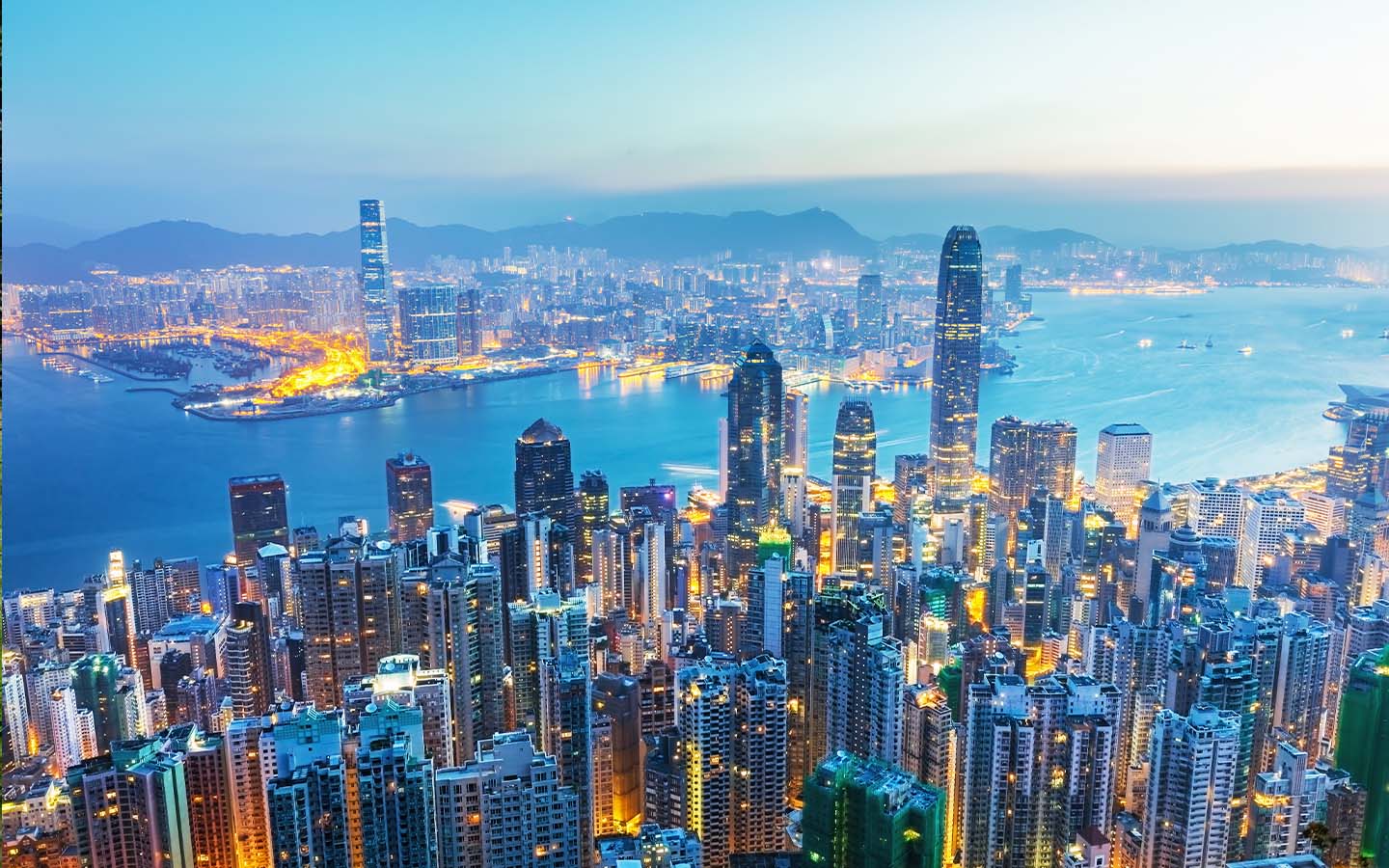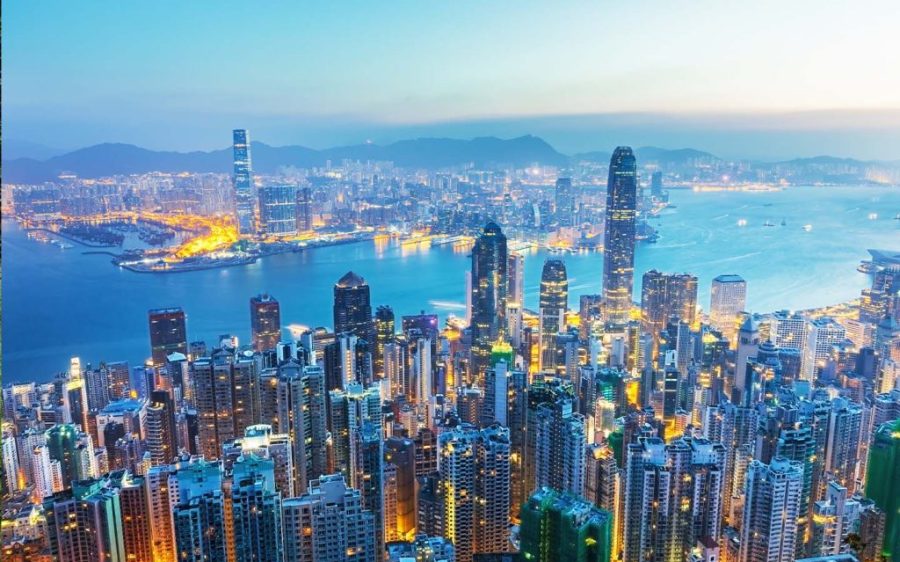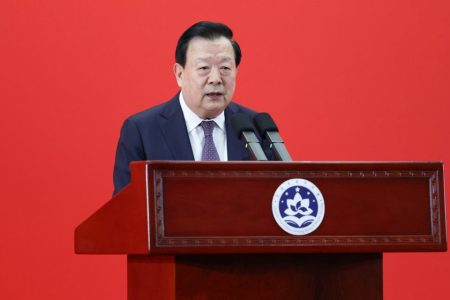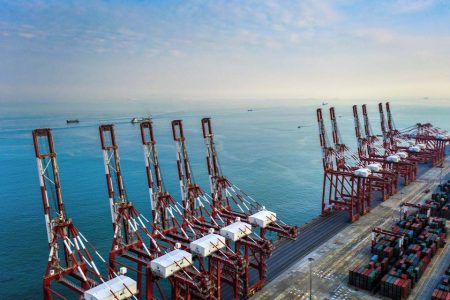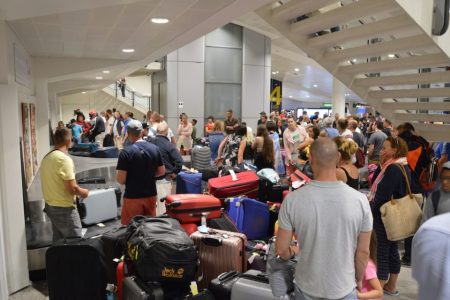Macao’s neighbouring SAR appears to be getting slightly cheaper for those fortunate enough to have an affluent lifestyle, having dropped from second to third on a list of the most expensive world cities for high-net-worth individuals. That’s according to the recently released 2025 Julius Baer Global Wealth and Lifestyle Report.
Singapore topped the list of 25 cities for the third time running, while the UK’s London and Hong Kong swapped their 2024 positions. Monaco and Zurich rounded out the top five.
Hong Kong was one of three cities on the list that experienced a year-on-year decrease in costs for goods and services analysed by the Swiss bank. “While the prices of watches rose by 11.1 percent and cars by 4.7 percent in local currency, men’s suits, bicycles, and the technology package all became cheaper,” the report noted. Overall, the basket of goods and services went down by just 0.8 percent on average.
Healthcare and private schooling went up in price for Hong Kongers, as did business class flights – though these “rose a relatively low 10 per cent,” according to the report. The cost of fine dining fell by 5.9 percent, and the city’s biggest tumble was felt by hotel suites: down 26.1 percent year-on-year.
[See more: Addiction to luxury shopping is a growing problem among high net-worth individuals]
Hong Kong was also the second-most expensive city in the index for purchasing real estate. The report said that the SAR was the cheapest place on the list to buy champagne, but the most expensive in which to hire a lawyer.
Julius Baer noted that despite the city’s high cost of living, Hong Kong continued to be an “attractive destination for doing business and for the mobile global elite” due to its low taxes, competitive investment environment and cosmopolitan culture.
Christian Gattiker-Ericsson, head of research at Julius Baer, said figures used in this year’s report were compiled just before the US threw the global economy into uncertainty with its reciprocal tariff announcement.
“Our findings represent the final moment ‘before’ the current situation, and next year’s Global Wealth and Lifestyle Report will likely provide a fascinating ‘after’ perspective,” he wrote in the foreword.
